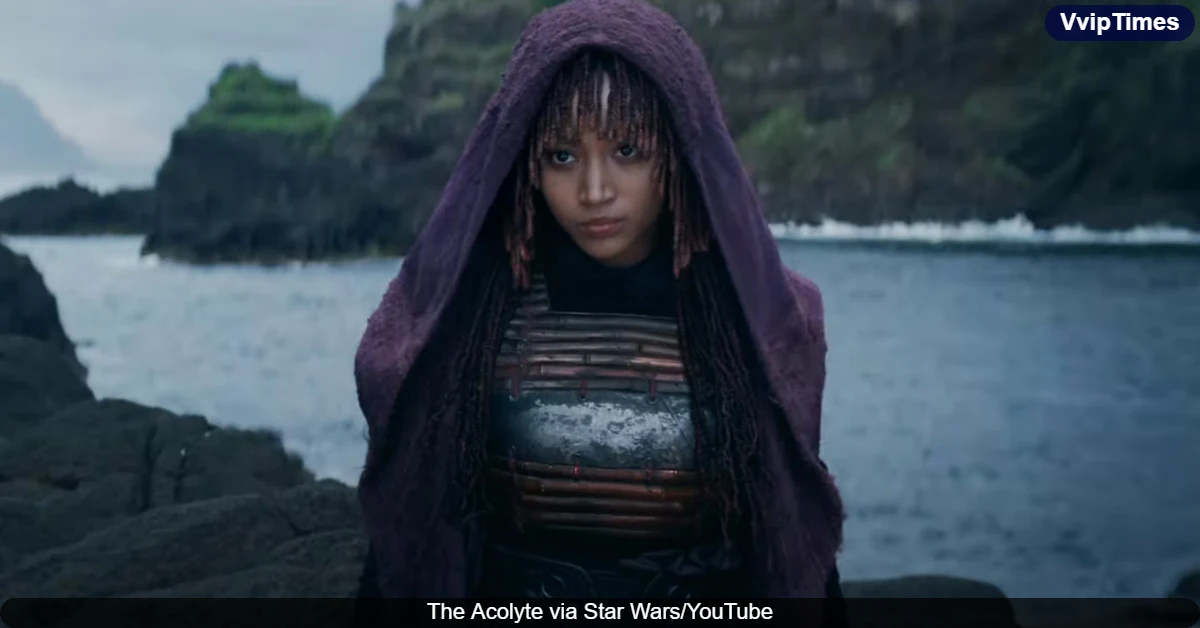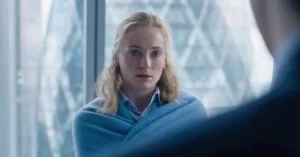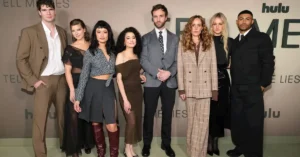Disney+ has officially canceled The Acolyte, a series set in the Star Wars universe, despite its strong debut with a successful first season. The show premiered on June 4, 2024, and was initially well-received by audiences. However, despite the promising start, the show struggled to maintain momentum, leading to its cancellation. The decision to end the series was reportedly made after discussions between series creator Lesley Headland and the production team.
The Initial Success of The Acolyte
The Acolyte managed to capture significant attention upon its release, attracting around 4.7 million views in its first week. The show also secured the top spot in streaming ratings within that period. Over the first five days, the viewership surged to 11.1 million, with the series trending in the top 10 on Disney+. However, this initial success was short-lived. As time went on, both viewership numbers and ratings began to decline, ultimately contributing to the decision to cancel the series ahead of its planned second season.
Storyline and Characters
Set a century before the events of the original Star Wars saga, The Acolyte offered a unique look at the darker side of the Force. The series featured Amandla Stenberg in the lead role, portraying twin characters named Osha and Mae. These twins, separated during childhood, grew up under vastly different circumstances. Osha trained under a Jedi master to become a Padawan, while Mae aligned herself with the dark side of the Force. The plot focused on the complex relationship between the twins and their contrasting ideologies.
The official synopsis for The Acolyte read, “A former Padawan reunites with her Jedi Master to investigate a series of crimes but discovers the forces they confront are more sinister than they ever anticipated.” The show also featured a star-studded cast, including Lee Jung-jae, Charlie Barnett, Dafne Keen, Rebecca Henderson, Jodie Turner-Smith, Carrie-Anne Moss, Manny Jacinto, Dean-Charles Chapman, and Joonas Suotamo.
Challenges Leading to Cancellation
Despite a strong start, The Acolyte faced significant challenges in maintaining its initial success. After the first week, the series experienced a sharp decline in both viewership and ratings. While specific reasons for the drop-off are not entirely clear, it appears that the show struggled to sustain the interest of its audience over time. This downturn in popularity ultimately led Disney+ and the production team to conclude that continuing the series into a second season was not viable.
In interviews, creator Lesley Headland mentioned that she had several ideas lined up for the second season. However, the rapid decline in viewership made it difficult to justify moving forward with those plans. The cancellation decision follows a broader trend in the streaming industry, where shows that start strong but fail to maintain momentum are often cut short.
Broader Implications for Streaming Content
The cancellation of The Acolyte is part of a larger pattern observed across various streaming platforms. Recently, Prime Video canceled its historical drama My Lady Jane ahead of its second season, despite a positive reception to its initial episodes. Industry experts have suggested that the current streaming models may need to be reevaluated, especially as more shows face a similar fate. The increasing competition among streaming services has led to a higher threshold for what constitutes a successful series, often leaving slower-growing shows behind.
The Acolyte was produced by Lucasfilm, the same banner behind the highly successful The Mandalorian series on Disney+. Lucasfilm has continued to build its presence on Disney+ with other projects, including an upcoming feature film based on The Mandalorian and the recently renewed second season of Ahsoka.
The first and now final season of The Acolyte remains available for streaming on Disney+. Fans of the show may find the cancellation disappointing, especially given the intriguing storylines and potential future developments hinted at by the creators. However, the decision reflects the ongoing challenges faced by streaming platforms in balancing content quality, viewership, and financial viability. As the industry continues to evolve, it will be interesting to see how these factors shape the future of entertainment on streaming services.
























